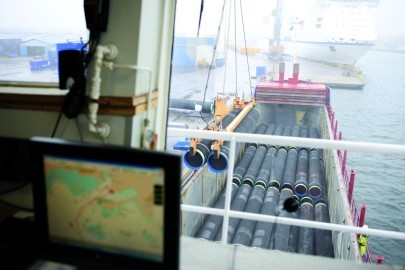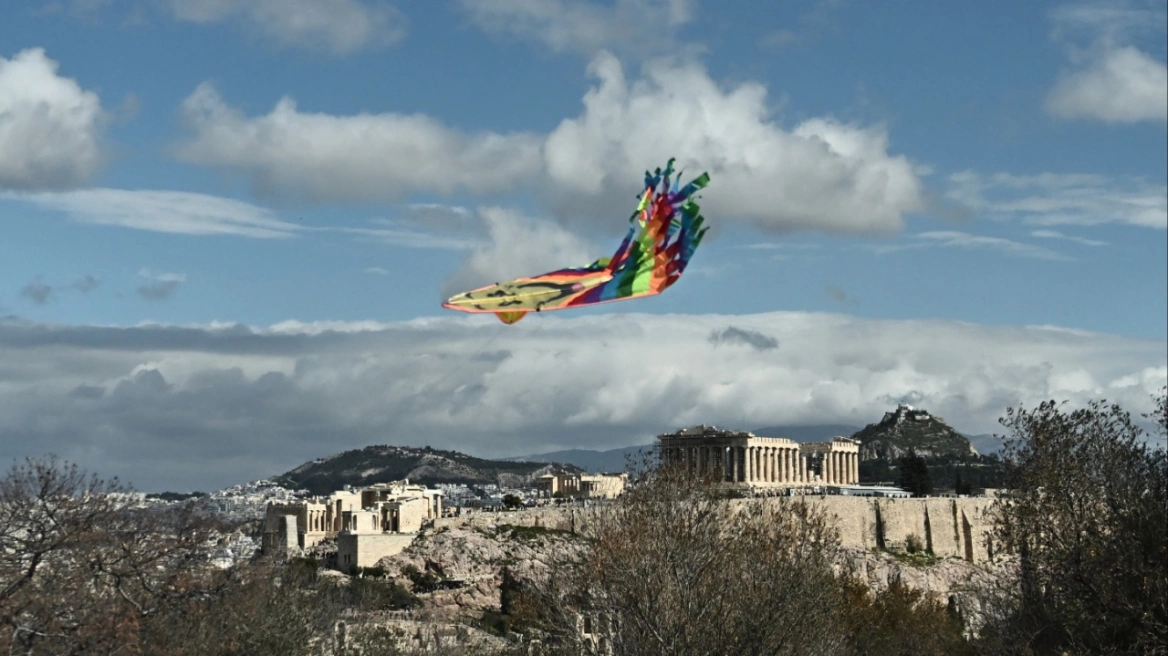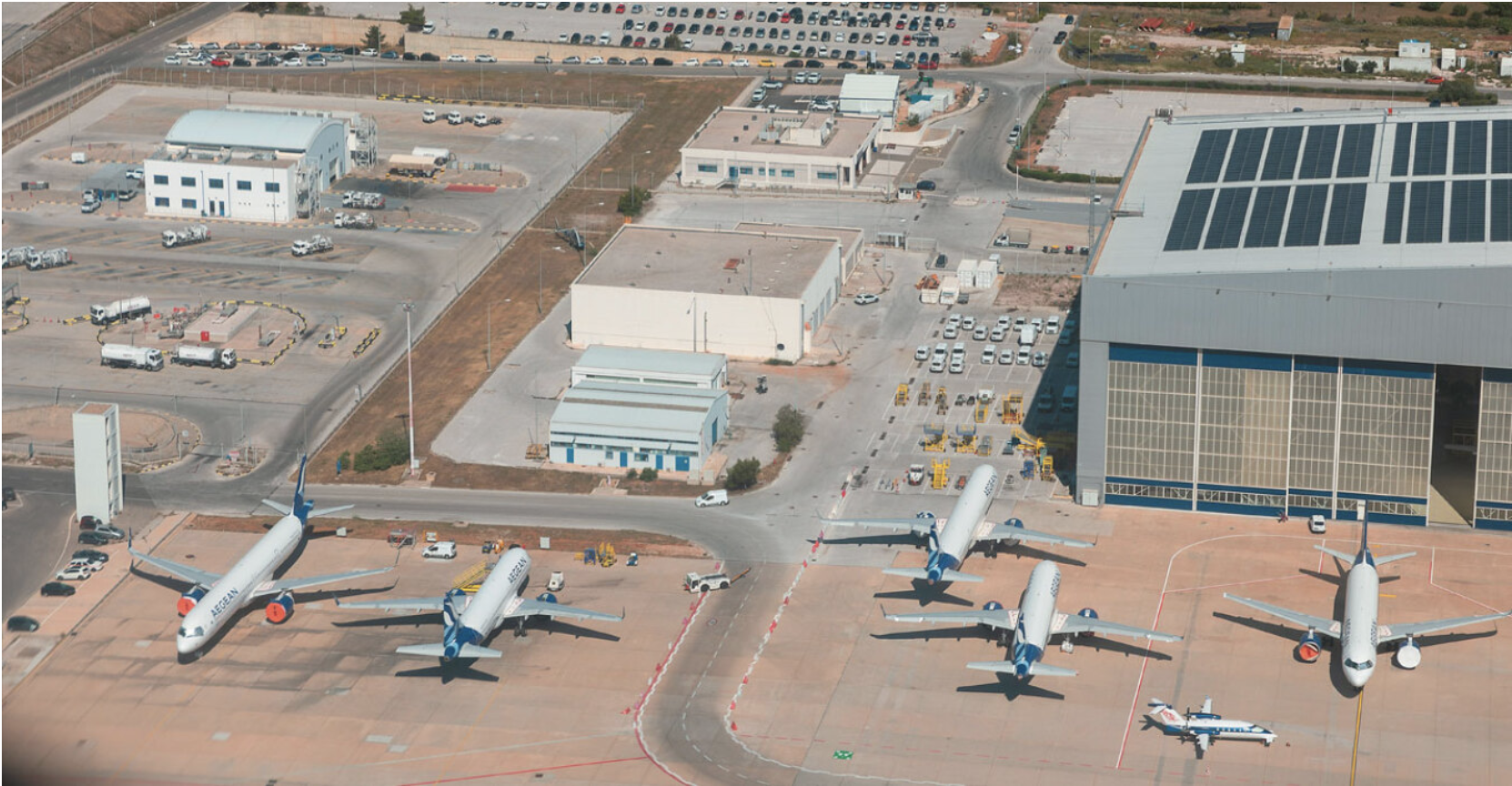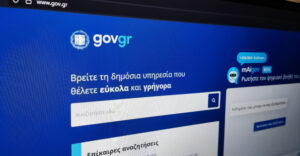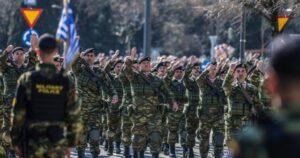Germany and Austria have urged the US not to impose sanctions on Nord Stream 2 (NS2), a Russian gas pipeline, in stark terms that spoke of ending joint action on Ukraine.
The German and Austrian foreign ministers, Sigmar Gabriel and Sebastian Kurz, voiced their anger in a joint statement on Thursday (15 June).
They said the “threat of illegal extraterritorial sanctions” on EU firms involved in the NS2 project “impacts European-American relations in a new and very negative way.”
They added that it would “diminish the effectiveness of our stance on the conflict in Ukraine if we were to no longer take joint action” against Russia in future.
NS2 is designed to pump 55 billion cubic metres of gas a year from Russia to Germany under the Baltic Sea from 2020.
It is owned by Russian state firm Gazprom, but German and Austrian companies OMV, Uniper, and Wintershall, as well as French firm Engie and Anglo-Dutch company Shell are to help finance the scheme.
The US sanctions bill, which passed by 97 votes against two in the Senate on Thursday, would enable the Treasury Department to impose penalties on any firm that made a significant investment in NS2 in what could see the EU companies walk away from the risk.
“Europe’s energy supply network is Europe’s affair, not that of the United States of America!”, Gabriel and Kurz said, in an unusual use of the exclamation mark in a diplomatic communique.
“We decide who supplies us with energy, and how they do it”, they said.
They added that the EU firms were “participating in efforts to expand Europe’s energy supply network” in a project “based on transparency and on free market principles.”
They also accused America of exploiting the Ukraine conflict to help US companies sell more gas to Europe.
“The draft bill of the US is surprisingly candid about what is actually at stake, namely selling American liquefied natural gas and ending the supply of Russian natural gas to the European market”, they said.
“This is about the competitiveness of our energy-intensive industries and about thousands of jobs”, they added.
“There is still enough time … to prevent this!”, they said.
Going further
The sanctions bill must be signed into law by the White House, with the US secretary of state, Rex Tillerson, having said on 13 June it might not fly.
The new US measures go further by also threatening penalties against firms that help Russia to extract oil from Arctic offshore, deepwater, or shale deposits.
They threaten fines against persons or entities that help Russia to sell arms.
They restrict banks from providing short-term credit to six major Russian lenders.
They also prevent US president Donald Trump from cancelling existing or future Russia sanctions via an executive order, saying he must first file a report to Congress justifying such a decision and allow Congressmen to vote on it.
The bill was put forward due to Russia’s ongoing aggression in Ukraine, its actions in Syria, and amid accusations that it meddled in last year’s US elections via cyber attacks.
The prospect of EU firms abandoning NS2 was highlighted last year when a warning on the pipeline by Poland’s energy regulator saw the foreign investors temporarily step back.
Pipeline critics
Germany and Austria’s line, that NS2 would “expand Europe’s energy supply network”, is unlikely to convince the pipeline’s EU critics.
Poland, the Baltic states, and Nordic countries, among others, have said that it would harm EU energy security by concentrating 70 percent of Russian gas exports in the German route.
That would help Russia to use gas prices or cut-offs as a tool of political blackmail against former Iron Curtain states, they said.
It would also harm Ukraine by making its gas transit pipelines obsolete at a time when the country was trying to align itself with the West.
The European Commission, which has echoed their concerns, is in talks with the German energy regulator on the legal model for the pipeline.
If the EU executive says that European energy laws, which limit the kind of monopolies that Russia favours, must apply to the offshore parts of NS2, then it could fall by the wayside the same way that a previous Russian pipeline, South Stream, did three years ago.
But the Commission, for all its criticism of NS2, has so far shown little willingness to challenge Germany the way it challenged Bulgaria on South Stream, which was to be built under the Black Sea.
Schroeder factor
Gabriel hails from Germany’s centre-left SPD party in the ruling coalition, which has long advocated a softer line on Russia.
The party’s former German chancellor, Gerhard Schroeder, caused uproar in Berlin by taking a job as a Gazprom lobbyist when he left office.
But German chancellor Angela Merkel, from the centre-right CDU party, has also defended NS2 – in one incident at an EU summit in 2015 she reportedly told the then Italian leader Matteo Renzi that it was none of his business.
The German-Austrian line, that the sanctions were designed to help US firms, echoed Russian propaganda that the US has bullied the EU on Russia for the sake of its own interests.
Speaking on Russian TV on Thursday, Russian president Vladimir Putin said the new US measures were designed to “contain” his country.
“If there had been no Crimea or other problems, then they still would have invented something else in order to contain Russia,” he said, referring to Russia’s annexation of Crimea from Ukraine three years ago.
Ask me anything
Explore related questions
